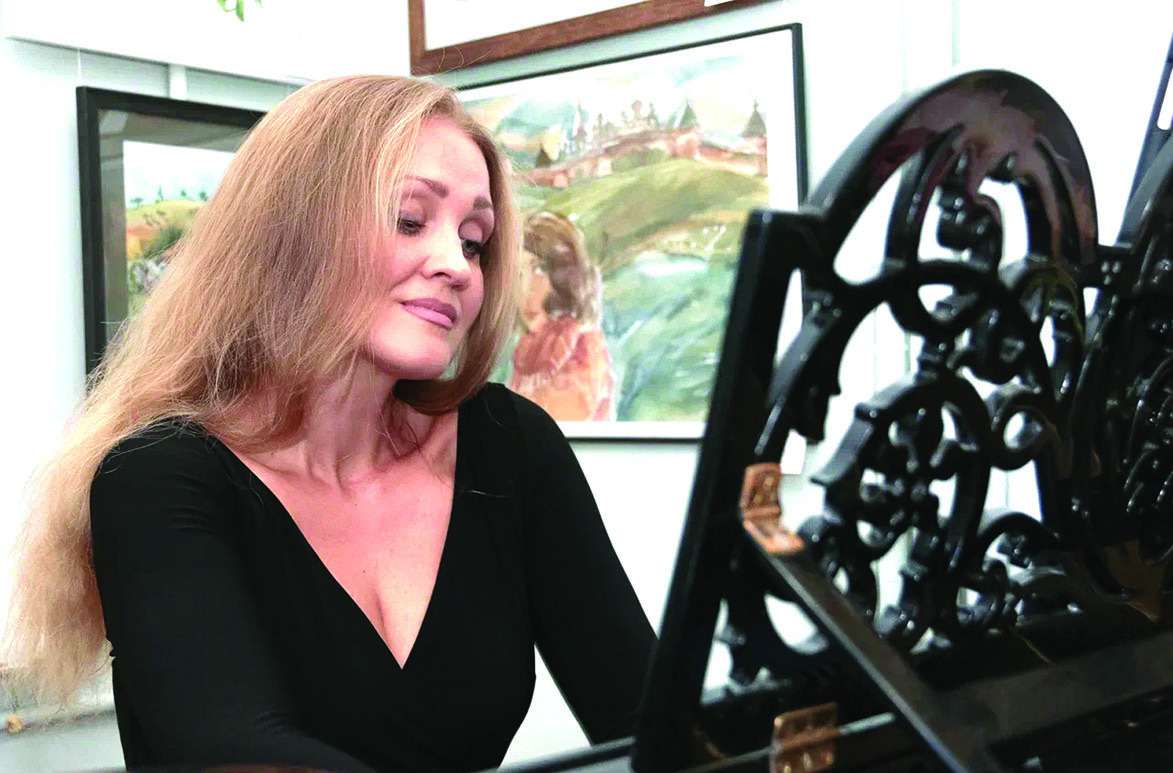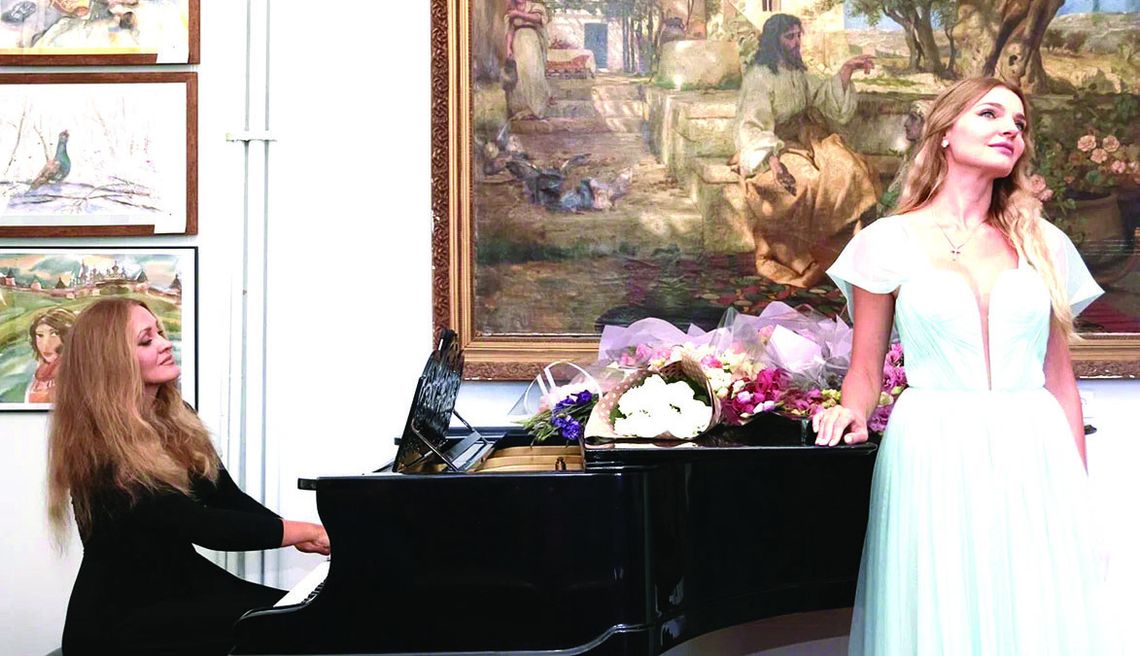Billias Returns To Crimea For Charity Concerts
“I needed to go to Russia.” So said Anna Billias, professor of music at Washington and Lee University.
The urge to go was personal, almost a compulsion. The reasons were several: although she was born in the city of Donetsk, her family moved to Crimea in 2014 with the split of Donetsk and Lugansk regions from Ukraine. Donetsk is the center of much of the conflict in the current war with Ukraine and Russia.
Another reason for her travel was to bring the message of peace and unity through the power of classical music. Billias explains that Crimea was her “second” home and, of course, a source of personal concern for friends and family.
When she inquired of her employer, W&L, she was delighted to find that they were willing to a) let her go and b) would pay for part of the travel expense. Her husband Chris was positive too, agreeing to take care of their two children for one month away.
The idea started when an old friend wrote Anna Billias with the suggestion for a concert series in the Crimea, one in the famous town of Alushta, the other in beautiful Partenit.
The old friend was Anna Bratus, the “Renowned Artist of Ukraine” (imagine the artist equivalent of the poet laureate in the United States), named by music critics as “The Silver Voice.” She had done extensive prep work - which was appealing – making it seem potentially popular, and “doable.”
Getting there was tough, however. Billias had a nearly four-day journey to enter Crimea. On July 30 she had to fly from Washington to Moscow through Casablanca, then a day layover due to severely limited flights, then a two-day train ride to Simferopol, and finally a few hours in a taxi to her mother’s apartment in Partenit (where she stayed).
The two women’s goal was to perform several charity concerts in Crimea. The program in each venue was based on the theme of “Music Without Borders” - a mix of European, Russian, Ukrainian folksongs, and American music from William Grant Still and Rachel Grimes.
Of course, an overall and subjective hope was to unite Russian and Ukrainian peoples in the unifying power of classical music. The concert emphasized that people, regardless of their location, want to live under a peaceful sky, relish a world of beauty, and engage in the spiritual, always uplifted by the universal language of music.
The concerts were sold out and as popular as they had hoped. Both women were much encouraged by the audiences in both cities, where they were warmly and enthusiastically welcomed as “Ambassadors of Peace” from the Donbass region and United States of America.
“A sea of ovations and applause” accompanied each work, as well as bouquets of flowers and enthusiastic speeches. Billias commented, “I had a wonderful opportunity to discuss my personal history and role at W&L, as well as what life is like both as a musician and for ordinary people in America. Furthermore, at receptions following each concert, people expressed the hope that the connection between our two countries would become more peaceful, stronger and energized by the desire of all people to live in harmony, resulting in peace between the two related peoples of Russia and Ukraine.

ANNA BILLIAS performs at a charity concert in Crimea. She traveled to the Eastern European country to bring a message of peace and unity through music.



